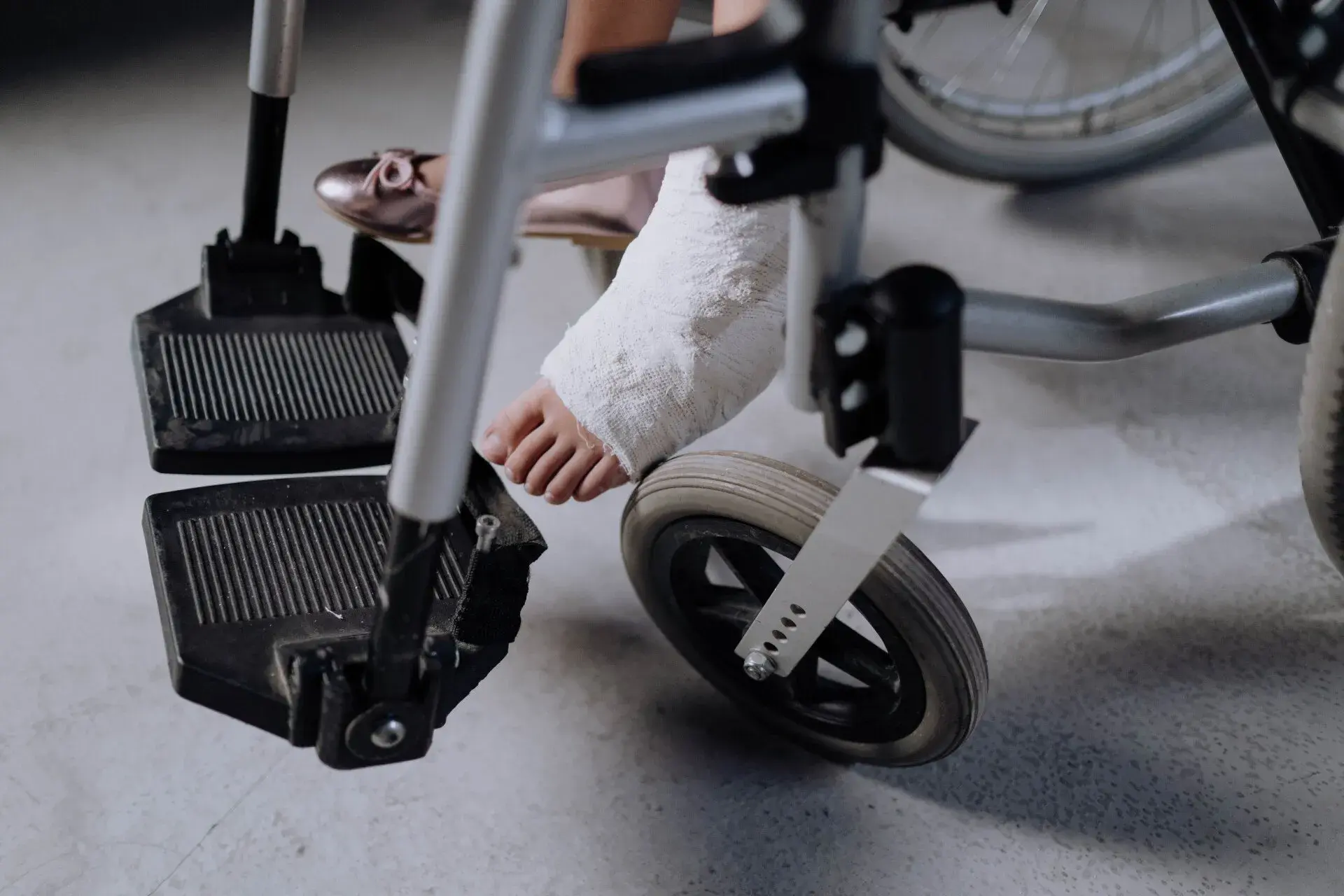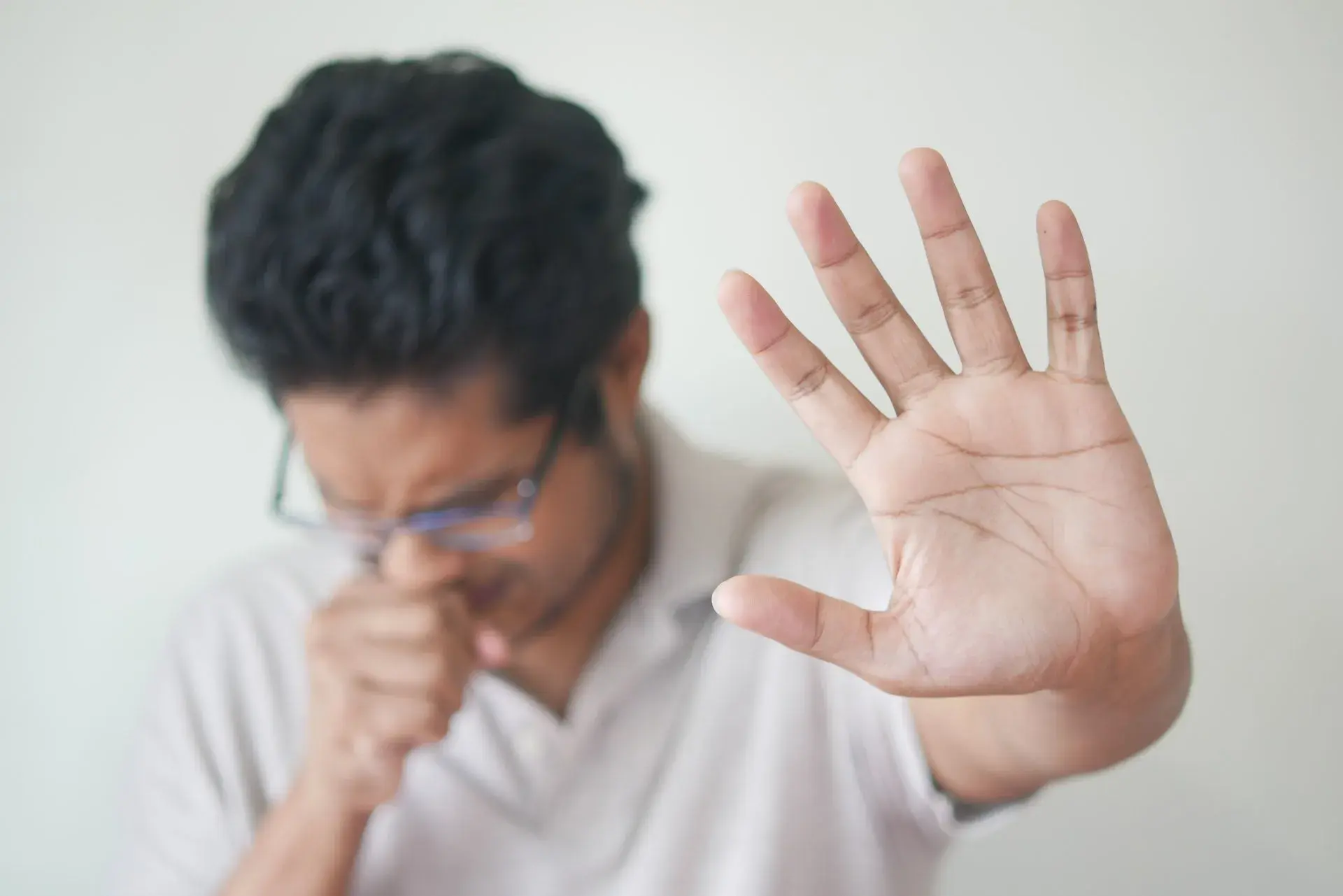OBTAIN MAXIMUM HYDRATION
Revitalize With
IV Hydration
What Is An IV Hydration?
IV hydration, short for intravenous hydration, is a medical procedure that involves administering fluids directly into the bloodstream through a vein. This method is used to quickly and effectively hydrate the body, providing essential fluids, electrolytes, vitamins, and minerals. IV hydration is commonly utilized in medical settings to treat dehydration, replenish lost fluids, and restore electrolyte balance in patients who are unable to drink fluids orally, such as those with severe illness, surgery patients, or individuals experiencing vomiting or diarrhea.


About IV Hydration Procedure
During an IV hydration session, a healthcare professional inserts a small needle into a vein, typically in the arm, through which a customized solution is infused directly into the bloodstream. The composition of the IV solution can vary based on individual needs and goals, but commonly includes a combination of saline solution (to replenish fluids), electrolytes (such as potassium, sodium, and magnesium), vitamins (such as vitamin C, B vitamins, and antioxidants), and sometimes medications or supplements tailored to specific health concerns.
Is IV Hydration Painful?
IV hydration is generally not painful for most individuals. The insertion of the IV needle may cause a brief sensation similar to a small pinch or prick, but this discomfort is typically minor and temporary. Once the needle is in place, most people do not experience any significant pain during the IV hydration process.
However, individual pain tolerance can vary, and some people may find the needle insertion slightly uncomfortable. Factors such as the skill of the healthcare professional performing the procedure and the location of the insertion site can also influence the level of discomfort experienced.

Frequently Asked Questions
FAQs, or Frequently Asked Questions, are a collection of commonly asked questions and their answers, aimed at providing quick and clear information on a specific topic or service. They help users find solutions efficiently, saving time and reducing the need for direct support or further inquiries.
What Are The Potential Hazards Associated With IV Hydration?
The potential hazards associated with IV hydration include infection, vein irritation or damage, allergic reactions, fluid overload, electrolyte imbalance, phlebitis, and air embolism.
Are The Outcomes Of IV Hydration Long-lasting?
The outcomes of IV hydration are typically short-term and immediate, providing immediate relief from symptoms of dehydration or nutrient deficiencies. However, the effects are not long-lasting as the body will naturally process and eliminate the fluids and nutrients infused during the IV hydration session. To maintain hydration and nutrient levels, regular hydration and proper nutrition are essential.
How Long Does An IV Hydration Session Take?
The duration of an IV hydration session can vary depending on individual needs and the specific solution being administered. Sessions typically last between 30 minutes to an hour.
How Do I Prepare For An IV Hydration Session?
Before an IV hydration session, it's essential to stay hydrated, provide accurate medical history and information to the healthcare provider, and follow any pre-procedure instructions provided.
How Long Does An Iv Hydration Session Take?how Soon Will I Feel The Effects Of Iv Hydration?
Many individuals experience immediate relief and improvement in symptoms following IV hydration, such as increased energy levels, improved mood, and alleviation of dehydration symptoms. However, individual responses may vary
How Can I Prepare For A Liquid BBL?
Before the procedure, it's essential to consult with a qualified healthcare provider, disclose any medical history or medications, and follow any pre-procedure instructions provided.
What Can I Expect During The Recovery Period?
The recovery period for a Liquid BBL is typically minimal, with most individuals able to resume their regular activities immediately after the procedure. Some minor bruising, swelling, or tenderness may occur but usually resolves within a few days.







